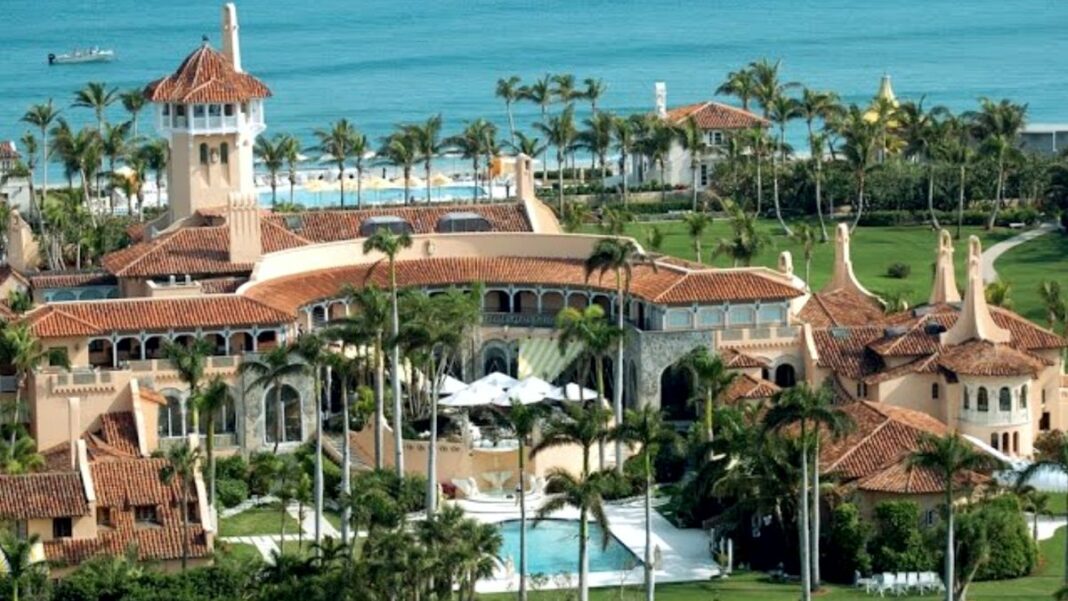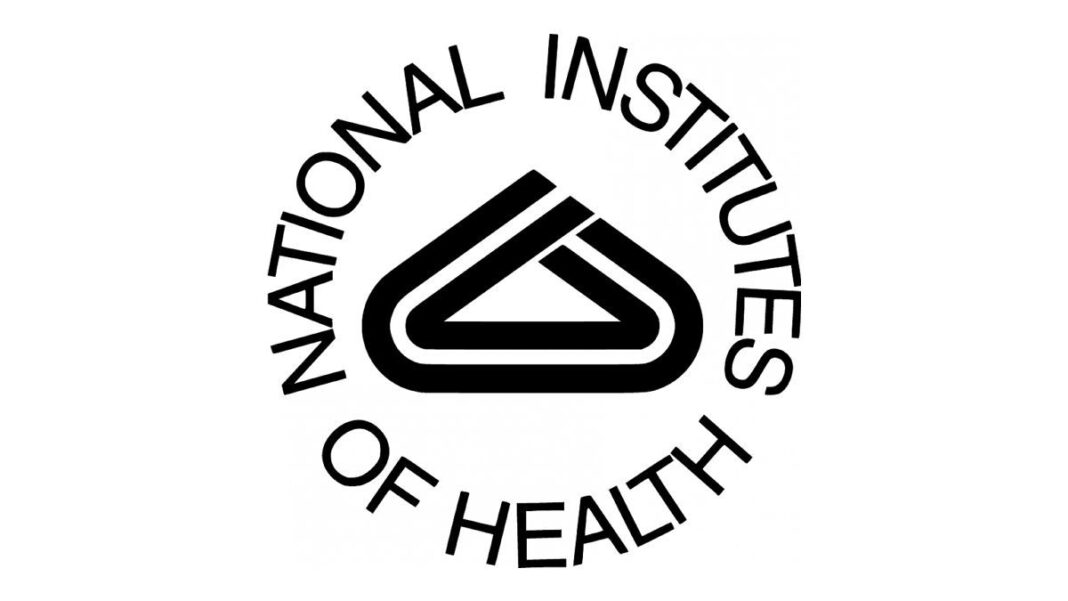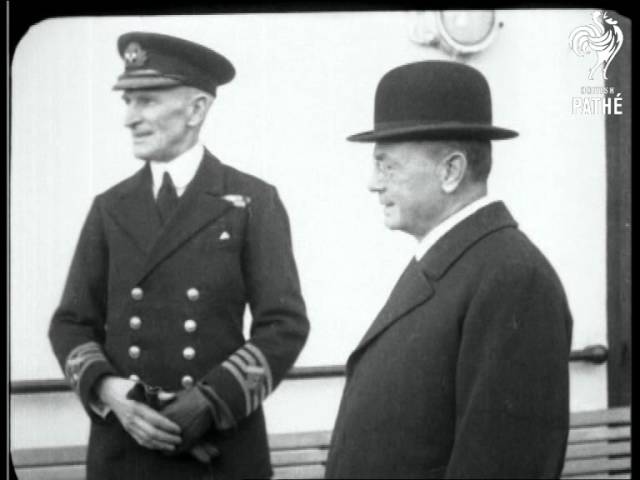Former President Donald Trump is asking to have a Sensitive Compartmented Information Facility (SCIF) reestablished at his home at the Mar-A-Lago resort so that he can discuss with his lawyers classified information involved in the court case he’s battling.
Prosecutors with Special Counsel Jack Smith, who brought the charges, have previously scoffed at President Trump’s request, calling it “extraordinary,” particularly given that the case involves allegations that President Trump illegally kept national defense information, including documents marked as classified, at Mar-a-Lago.
President Trump’s lawyers, however, believe that in the case of a former president, there are good reasons for accommodating his request.
Todd Blanche, a lawyer for President Trump, explained in an Aug. 9 court filing that President Trump used to have a SCIF set up at his residence during his term where he was “permitted to review and discuss classified information” and that “reestablishing this secure facility is readily possible if the Court so directs.”
“The alternate secure location in which President Trump seeks to discuss (but not review) classified information is under 24-hour a day full security protection, whether President Trump is present or not,” he said (pdf).
“Furthermore, the government can re-establish a restricted area within the proposed secure location in which President Trump and his legal team can discuss classified information in a manner that is consistent with government security protocols.”
In absence of such an arrangement, President Trump would have to travel to a SCIF at the facilities of either the Northern or Southern District of Florida each time his lawyers would want to talk to him about classified information involved in the case—an arrangement the lawyers called “an inappropriate, unnecessary, and unworkable restriction.”
Due to the distances, each trip would probably extend overnight, Mr. Blanche said, explaining that when President Trump visits a location, his Secret Service detail comes with him and “the required security measures take significant planning and effort, as well as financial resources,” especially if the public learns about the visit beforehand.







